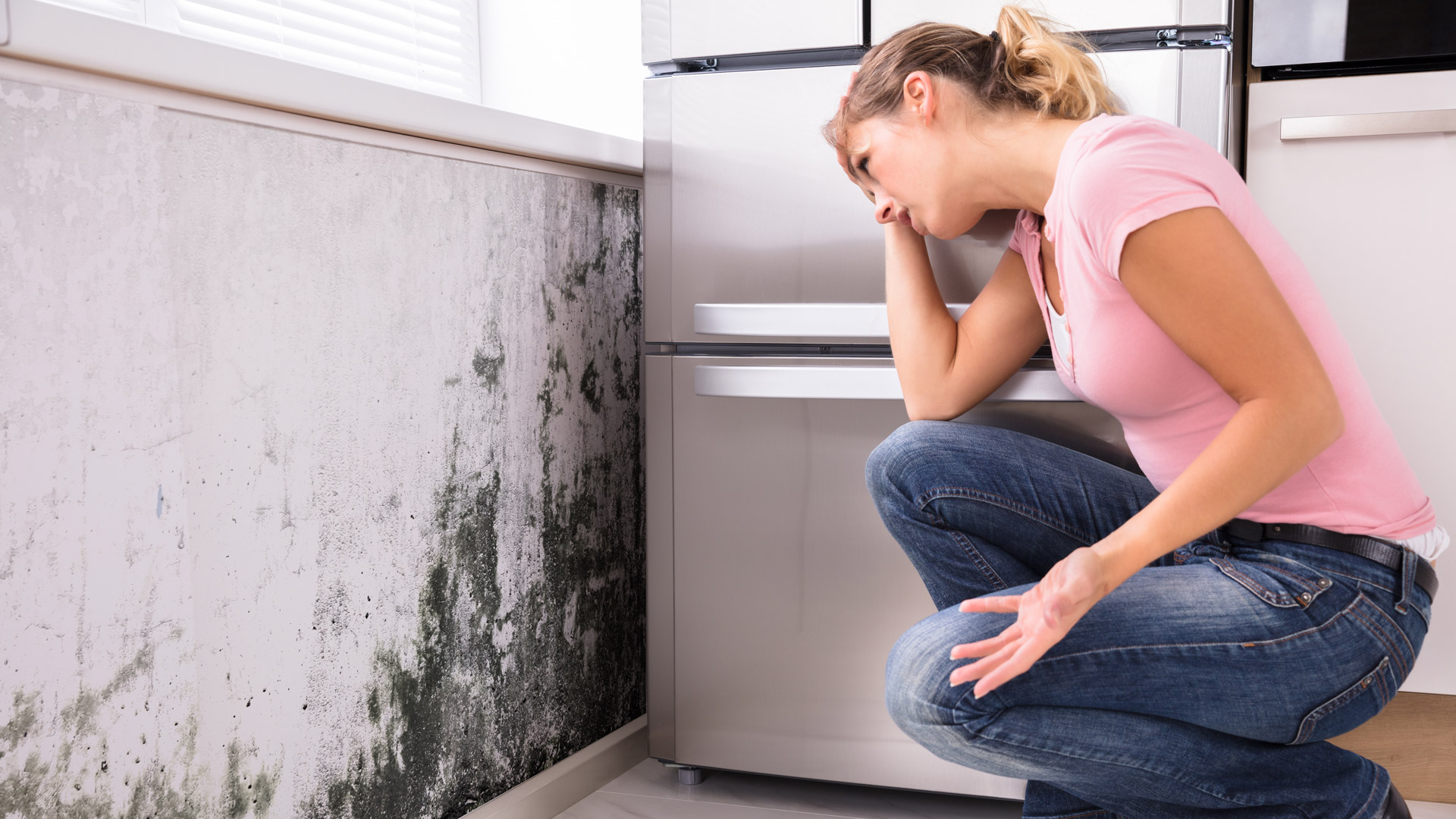Housing disrepair claims: How to claim compensation for poor housing conditions

Do you have a claim against your landlord for housing disrepair? Under English law, you have powerful statutory rights to claim housing disrepair compensation even if your landlord ignores your complaints. Section 11 of the Landlord and Tenant Act 1985 and Section 9A (fitness for human habitation) create direct legal obligations landlords cannot escape. The average housing disrepair claim award ranges from £2,500 to £15,000+, but most importantly: you can claim while living in the property and receive payment faster than repairs take. Always consult a housing disrepair solicitor maximise your chances of success.

Key Takeaway: Do I have to move out or wait for repairs before I can claim compensation?
You don’t have to move out before claiming compensation. Housing disrepair claims UK are resolved through structured legal protocols designed to fast-track compensation while ensuring landlords cannot avoid accountability.
Discover how much housing disrepair compensation you could claim and the step-by-step process to get it.
Understanding housing disrepair law: Your statutory rights explained
Not every maintenance complaint qualifies as actionable disrepair. UK courts recognise disrepair only when a landlord fails to maintain structural integrity, essential services, or conditions that render the property uninhabitable.
Housing disrepair claims criteria: What courts require
Your claim housing disrepair must prove four legal elements:
- Statutory breach: Your landlord failed Section 11 duties (structure, external walls, roof, windows, heating, hot water, drainage). Fitness for human habitation violations under Section 9A also trigger liability.
- Causation: Landlord negligence caused the defect; not tenant misuse. For example, a broken boiler installed by the landlord differs from thermostat damage caused by tenant tampering.
- Knowledge: Your landlord knew or should have known about the problem through reasonable inspection. Written notice from you dramatically strengthens this element. Courts expect landlords to respond within 20 working days per the housing disrepair protocol.
- Quantifiable loss: You suffered measurable harm: health problems, damaged belongings, reduced rental value, or serious inconvenience. Vague complaints fail; documented respiratory illness from mould succeeds.
House disrepair categories that generate the highest awards
- Damp and mould (£3,000-£12,000+): The most frequently compensated housing disrepair category. Courts recognise mould as a Category 1 hazard under the Housing Health and Safety Ratings System (HHSRS). Medical evidence of respiratory conditions or asthma exacerbation significantly increases damages.
- Heating system failures (£2,000-£8,000): Non-functioning boilers or radiators violate housing disrepair law fundamentally. Winter claims exceed summer compensation due to documented cold-related health impacts. Courts expect restoration within days, not weeks.
- Electrical hazards (£1,500-£6,000): Faulty wiring, exposed cables, or dangerous sockets justify housing disrepair compensation claims, especially where building regulation violations exist.
- Plumbing defects (£2,500-£9,000): Complete hot water loss, persistent leaks, or non-functioning toilets breach statutory obligations. Multi-month failures typically generate 30-40% rent reduction claims.
- Pest infestations (£1,500-£5,000): Structural defects enabling rat or cockroach entry, coupled with landlord failure to remedy, create strong compensation cases.
- Structural defects (£5,000-£20,000+): Cracked walls, subsidence, or roof leaks represent serious house disrepair issues warranting highest compensation priority due to habitability threats.
Housing disrepair claims private landlord vs. Housing disrepair claims against councils
The legal pathway differs substantially based on your landlord type. Both routes follow the pre-action protocol housing disrepair framework mandated by Civil Procedure Rules, but procedural complexities diverge significantly.
Private landlord house disrepair claim: Faster resolution path
Housing disrepair claims private landlord cases follow standard civil court procedure without administrative prerequisites, meaning you proceed directly to the housing disrepair protocol. Private landlords typically settle housing disrepair claims compensation faster, personal liability and legal costs creating financial pressure. Average resolution: 6-12 months from letter of claim to settlement.
Council housing disrepair claims: Complex but higher awards
Council tenants must first exhaust internal complaint procedures under the Local Government Act 1974 before launching legal action, delaying housing disrepair claims solicitors representation by 3-6 months minimum. However, successful council settlements often exceed private landlord awards due to public body accountability and superior financial resources. Average resolution: 12-24 months.
The housing disrepair protocol: Mandatory legal framework (Updated 2025)
The pre-action protocol for housing disrepair is a mandatory procedural requirement under Civil Procedure Rules. Courts impose cost sanctions (attorney fees against you) for non-compliance, even when your claim has legal merit.
The government’s official housing disrepair protocol (updated August 2021, revised July 2025) explicitly addresses both Section 11 (Landlord and Tenant Act 1985) and Section 9A (fitness for human habitation) claims. Non-compliance jeopardises your entire case.
Step-by-step housing disrepair pre-action protocol process:
- Written notification: Send a formal letter with photographic evidence and statutory references via registered post + email. This creates proof of service for your housing disrepair claim.
- 20 working day response (landlord): Per the official housing disrepair protocol, landlords must respond substantively. Silence constitutes breach and strengthens your housing disrepair cases at trial.
- Expert inspection: Instruct a qualified surveyor to document defects independently. Expert reports are indispensable for calculating damages for housing disrepair and establishing causation within 20 working days of landlord response.
- Pre-action correspondence: Exchange settlement proposals and expert reports. Your housing disrepair letter of claim template must specify defects, duration, health impacts, losses, and compensation demand (government protocol provides specimens in Annexes A-D).
- Three-month landlord response: Landlords investigate and provide liability response. This period strengthens your case if ignored.
- Alternative dispute resolution: Attempt mediation or early neutral evaluation. 80% of housing disrepair claims settle via ADR, avoiding court costs. The housing disrepair protocol explicitly requires ADR consideration (Section 4.1).
- Court application (Week 31+): File formal proceedings only after protocol exhaustion.
Housing disrepair compensation: How much can you realistically claim?
Housing disrepair compensation breaks into distinct categories, each calculated separately using established legal principles:
- General damages (£500-£20,000+): Pain, suffering, inconvenience, and loss of amenity. Duration multiplies impact exponentially; 12 months of mould damages exceed 2 months significantly.
- Rent reduction (10-50% of affected rent): Courts apply diminution of value principles under housing disrepair law. If mould renders 25% of living space unusable, claim 25% retroactive rent reduction. Example: £1,000/month rental × 6-month mould issue = £1,500 minimum rent reduction claim.
- Alternative accommodation: Full reimbursement for hotels, holiday lets, or family stays during major repairs.
- Damaged property: Furniture ruined by leaks, electronics destroyed by water, clothing contaminated by mould. Keep all receipts.
- Medical costs: GP visits, inhalers, prescriptions for mould-triggered asthma directly causally linked to disrepair.
- Utility increases: Double-check heating bills during cold-weather disrepair periods for additional heating expenses.
- Loss of earnings: Time absent from work for repair appointments or health issues.
- Survey and legal fees: Successful claimants recover expert witness costs under housing disrepair law.
Do I need a solicitor for housing disrepair claims?
While technically possible to self-represent, housing disrepair law complexity virtually guarantees lower outcomes without expert counsel.
- Why representation maximises your compensation housing disrepair:
-
- Specialist housing disrepair solicitors know exactly which evidence courts require, how to structure expert reports, and negotiation tactics that maximise settlements. Unrepresented claimants average 40-50% lower compensation than legally represented claimants.
- Housing disrepair solicitors operating under conditional fee agreements (no win no fee) eliminate financial risk; you pay nothing if unsuccessful. This removes financial barriers to justice entirely.
- Qredible’s housing disrepair solicitors access qualified surveyors, medical experts, and property specialists essential for strong cases. Attempting housing disrepair litigation without professional representation typically results in procedural errors, weak evidence, and lower compensation.
- Legal aid for housing disrepair: Some claimants qualify for legal aid for housing disrepair under the Legal Aid, Sentencing and Punishment of Offenders Act 2012, though eligibility has tightened significantly since 2013.
FAQs
- How much compensation for housing disrepair? Awards range from £500-£20,000+ depending on defect severity, duration, and impact; damp/mould average £3,000-£12,000, structural defects £5,000-£20,000+.
- How much compensation can you get for housing disrepair? Compensation depends on defect severity, duration, health impact, and quantifiable losses like medical costs and damaged property; specialist solicitors calculate maximum entitlement individually.
- How long does a housing disrepair claim take? Private landlord claims resolve in 6-12 months; council claims take 12-24 months; 80% settle during alternative dispute resolution before court proceedings commence.
- What is disrepair in housing? Housing disrepair is deterioration of landlord-maintained elements (structure, heating, plumbing, windows) beyond normal wear that prevents reasonable property enjoyment or affects health/safety.
- What is a housing disrepair claim? A civil legal action where tenants claim compensation from landlords for breach of statutory repair obligations under the housing disrepair protocol, requiring written notice, expert inspection, and settlement negotiation.
Housing disrepair UK law gives you powerful statutory rights to claim compensation from negligent landlords. By following the pre-action protocol housing disrepair framework precisely, documenting defects meticulously, and obtaining specialist legal representation, you maximise compensation potential while minimising procedural risk.
Book a free consultation with Qredible!
Don’t let your landlord escape accountability. Qredible’s specialist housing disrepair lawyers offer free initial consultations—it costs nothing but could unlock thousands in deserved compensation.
KEY TAKEAWAYS
- You have statutory rights under UK law to claim housing disrepair compensation for serious defects affecting health, safety, or habitability, with awards typically ranging from £2,500 to £15,000+ depending on severity and duration.
- The pre-action protocol housing disrepair is mandatory; you must follow specific procedural steps including written notice, expert inspection, and settlement negotiation before pursuing court action, or face cost penalties.
- Professional housing disrepair solicitors operating on no-win-no-fee terms maximise your compensation potential while eliminating financial risk and ensuring full protocol compliance.
Articles Sources
- citizensadvice.org.uk - https://www.citizensadvice.org.uk/housing/repairs-and-housing/repairs-and-housing-conditions/getting-your-landlord-to-do-repairs/going-to-court-if-your-landlord-wont-do-repairs/
- england.shelter.org.uk - https://england.shelter.org.uk/housing_advice/repairs/compensation_for_disrepair_and_poor_conditions
- gov.uk - https://www.gov.uk/government/calls-for-evidence/housing-disrepair-claims/housing-disrepair-claims
- sheltercymru.org.uk - https://sheltercymru.org.uk/housing-advice/repairs-and-bad-conditions/repairs-in-private-rented-housing/compensation-for-disrepair-if-you-have-a-private-landlord/
Do you need a solicitor?
Find a solicitor on Qredible in just a few easy steps

























